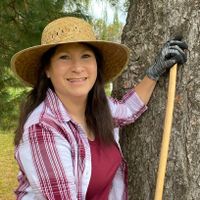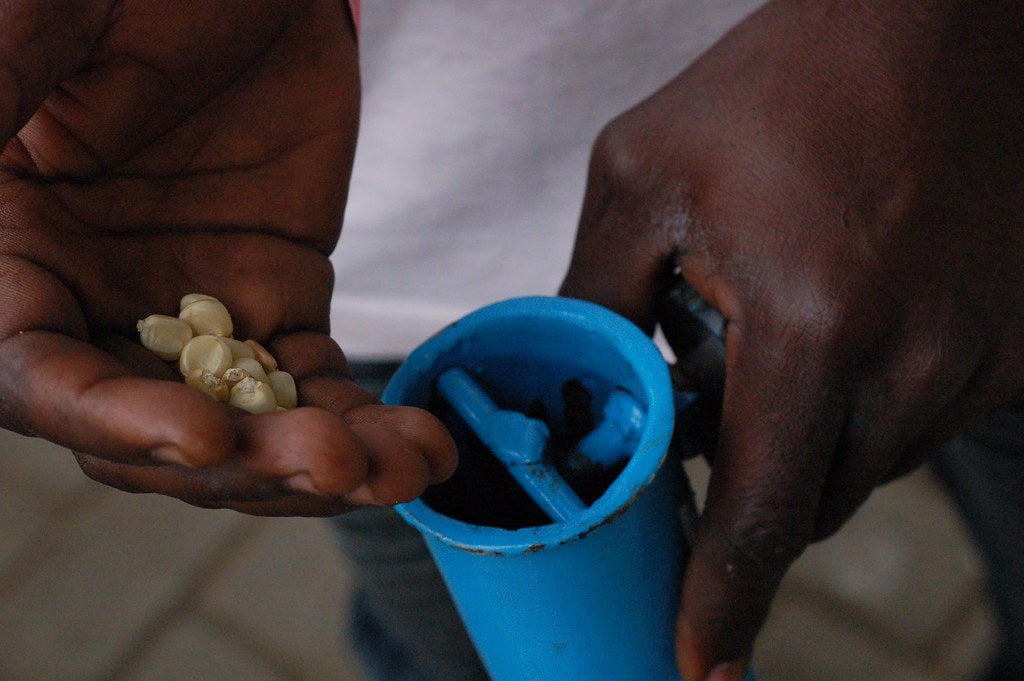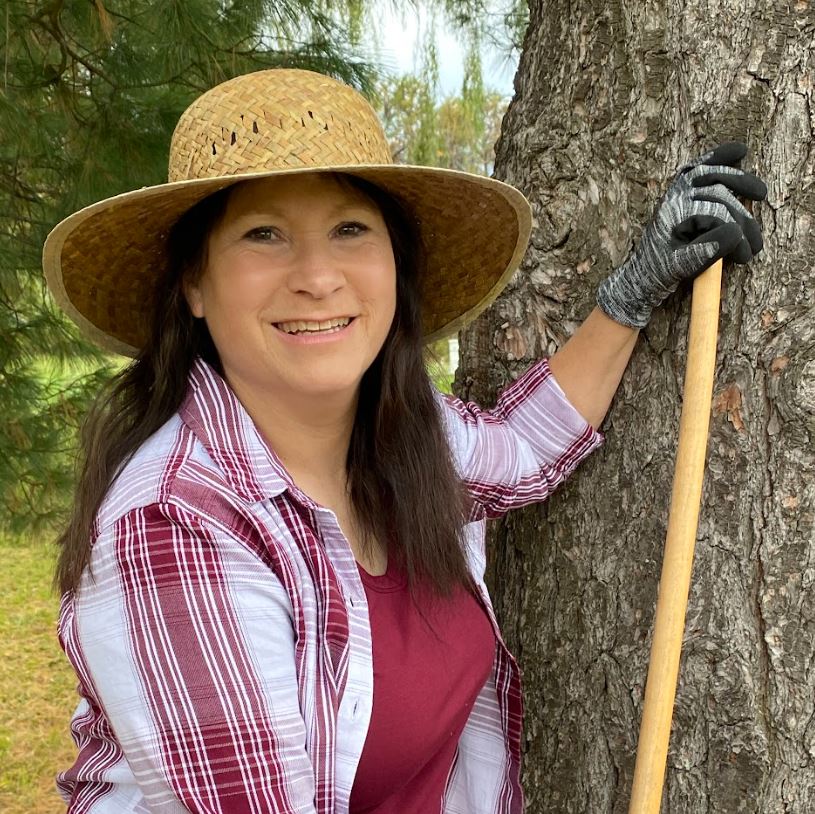DIY Seeder Ideas: Tips For Making A Seed Planter


Sign up for the Gardening Know How newsletter today and receive a free copy of our e-book "How to Grow Delicious Tomatoes".
You are now subscribed
Your newsletter sign-up was successful
Garden seeders can save your back from the painstaking task of planting rows of garden vegetables. They can also make sowing seed faster and more efficient than hand seeding. Buying a seeder is one option, but making a homemade garden seeder is both inexpensive and easy.
How to Make a Seeder
A simple homemade garden seeder can be constructed from a variety of materials, many of which may be laying around the garage. A variety of garden seeder instructions can be found on the internet, but the basic design is the same.
When making a seed planter, start with at least a ¾-inch (2 cm.) hollow tube. That way, the interior circumference will be large enough for bigger seeds, like lima beans and pumpkins. Gardeners can choose a piece of steel pipe, conduit, bamboo, or PVC pipe for their homemade garden seeder. The latter has the advantage of being lightweight.
The length of the pipe can be customized for the height of person using it. For maximum comfort when planting, measure the distance from the ground to the user's elbow and cut the pipe to this length. Next, cut one end of the pipe at an angle, starting about 2 inches (5 cm.) from the end of the pipe. This will be the bottom of the homemade garden seeder. The angle cut will create a point that will be easier to insert into the soft garden soil.
Using duct tape, attach a funnel to the other end of the seeder. An inexpensive funnel can be purchased or one can be made by cutting the top from a plastic bottle.
The simple garden seeder is ready for use. An over-the-shoulder bag or a nail apron can be used to carry the seed. To use the garden seeder, poke the angled end into the soil to make a small hole. Drop one or two seeds into the funnel. Lightly cover the seed by gently pushing the soil down with one foot as you step forward.
Additional DIY Seeder Ideas
Try adding the following modifications when making a seed planter:
Sign up for the Gardening Know How newsletter today and receive a free copy of our e-book "How to Grow Delicious Tomatoes".
- In lieu of using a bag or apron to carry seed, a canister can be attached to the handle of seeder. A plastic cup works well.
- Add a “T” fitting to the pipe, placing it approximately 4 inches (10 cm.) under the bottom of the funnel. Secure a section of pipe to form a handle that will be perpendicular to the seeder.
- Use “T” fittings, elbows, and pieces of pipe to make one or more legs that can be temporarily attached near the bottom of the homemade garden seeder. Use these legs to make the seed hole. The distance between each leg and the vertical seeder pipe can reflect the spacing distance for planting seeds.

Laura Miller has been gardening all her life. Holding a degree in Biology, Nutrition, and Agriculture, Laura's area of expertise is vegetables, herbs, and all things edible. She lives in Ohio.